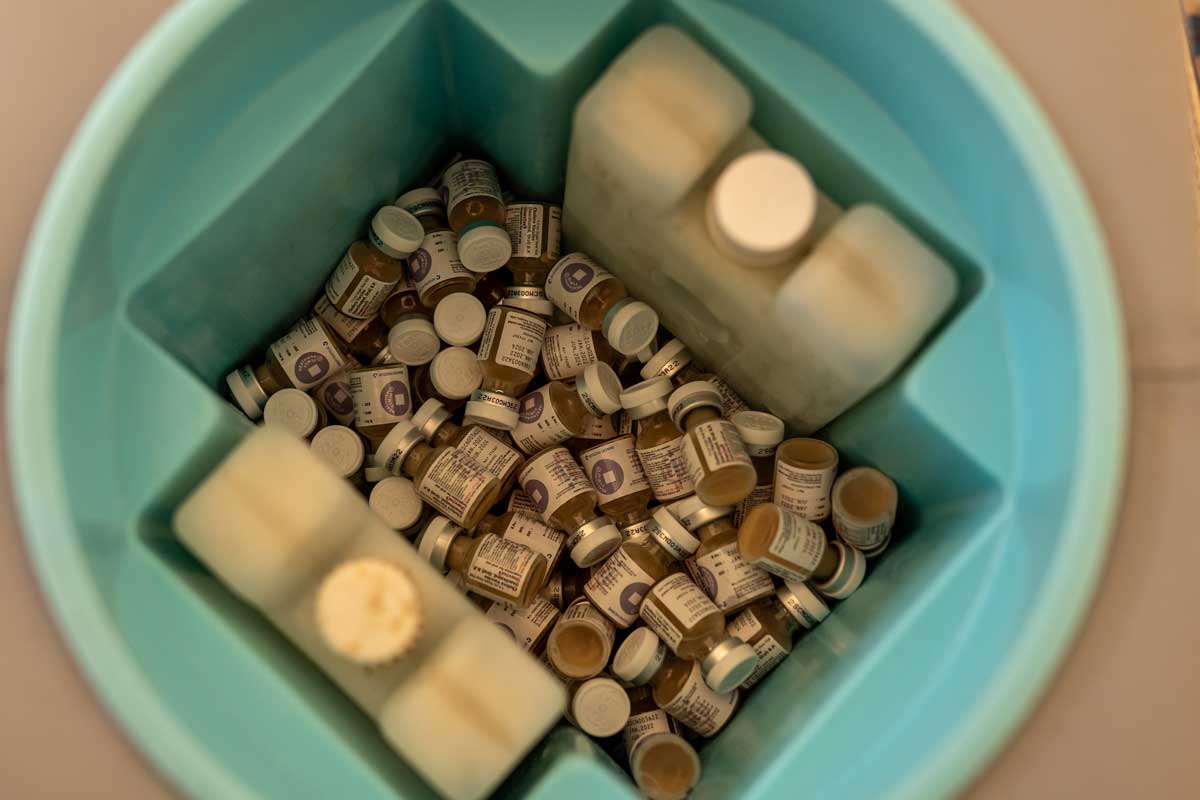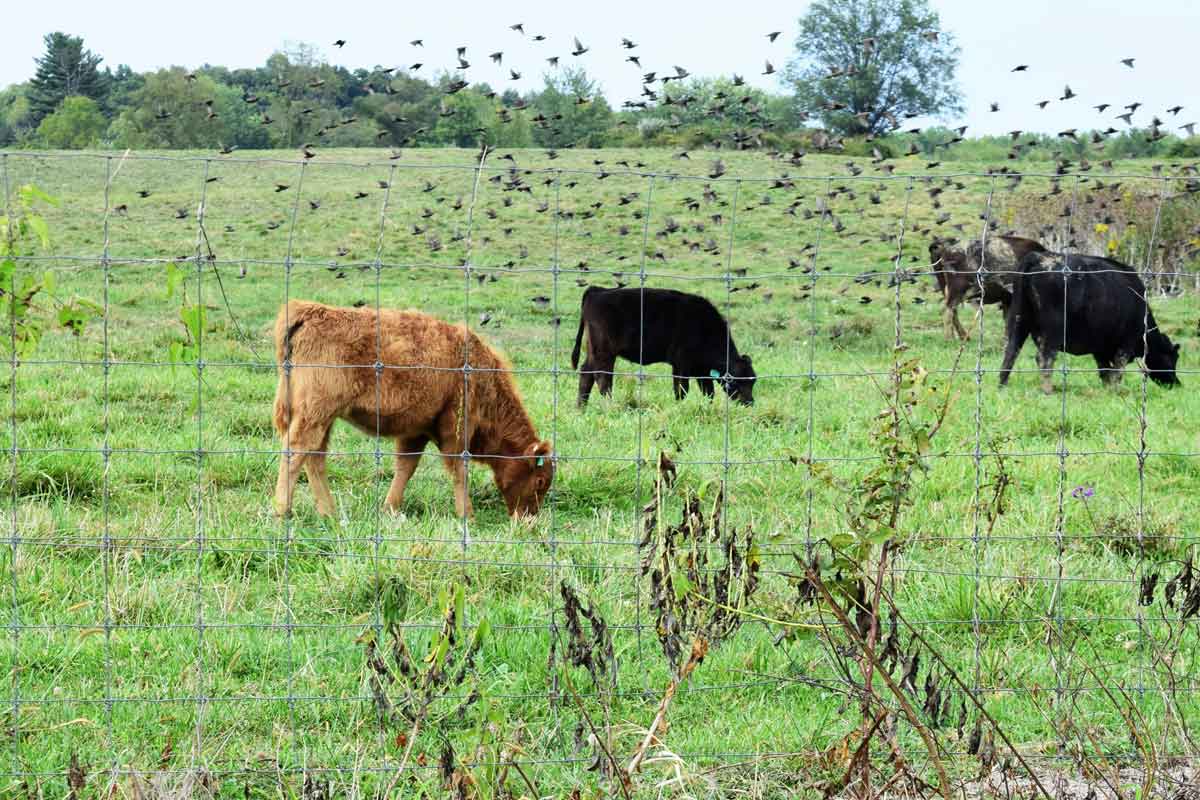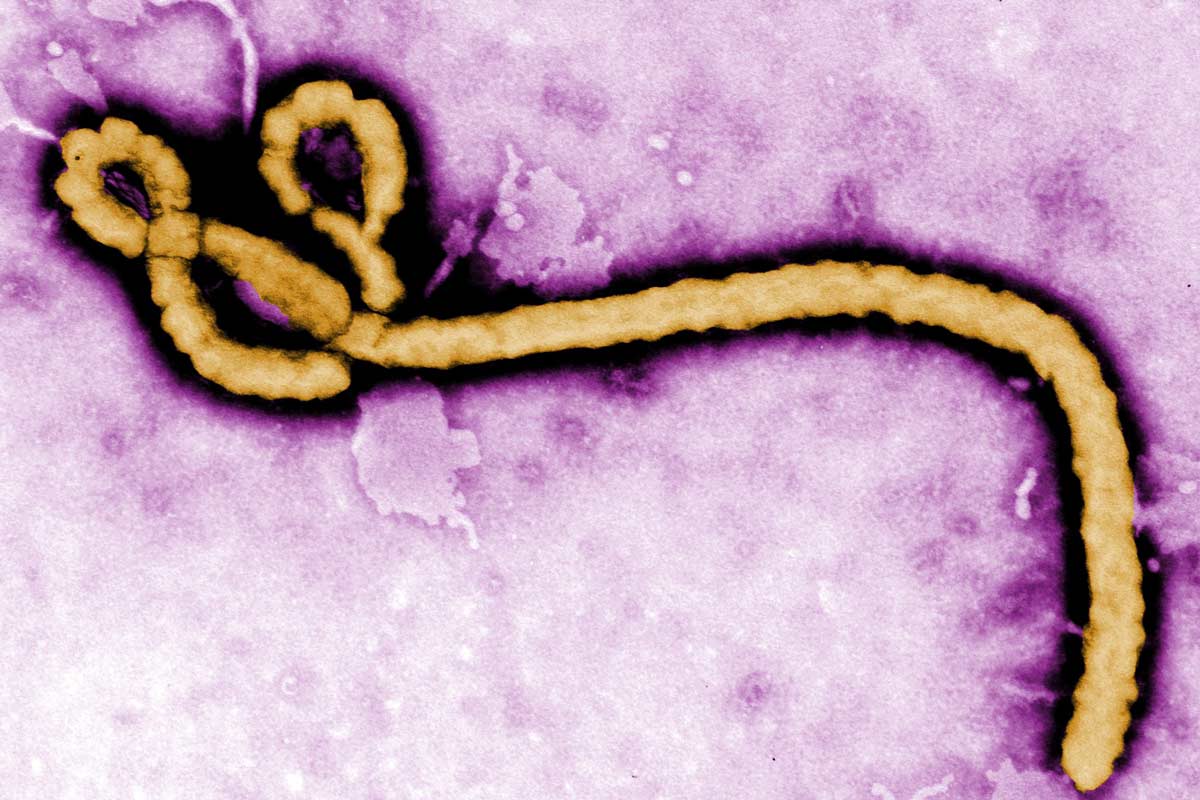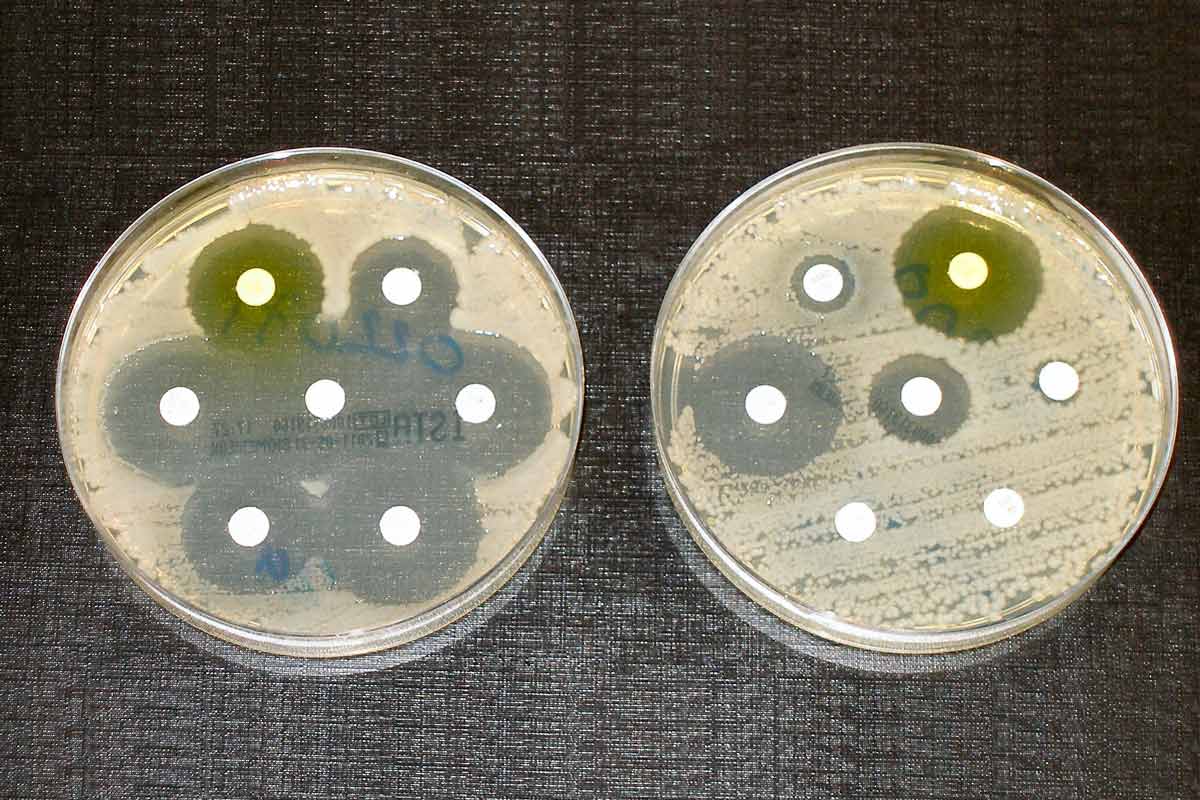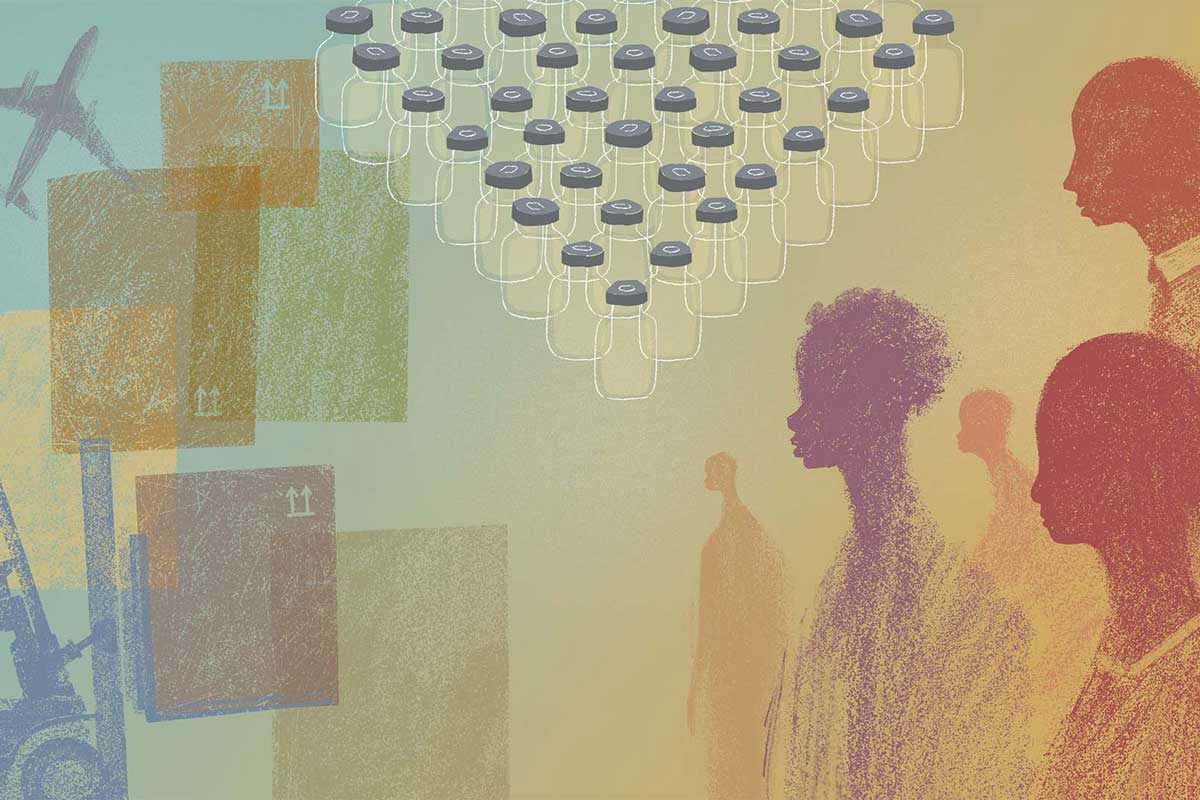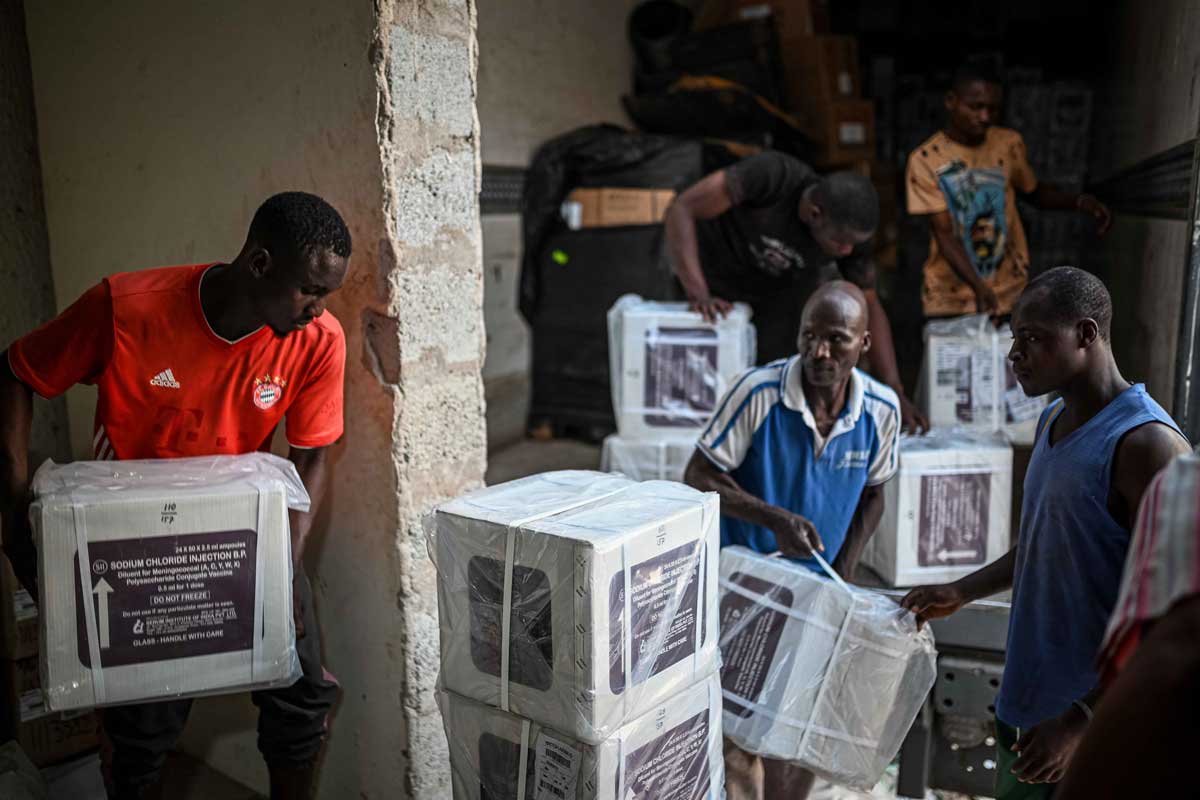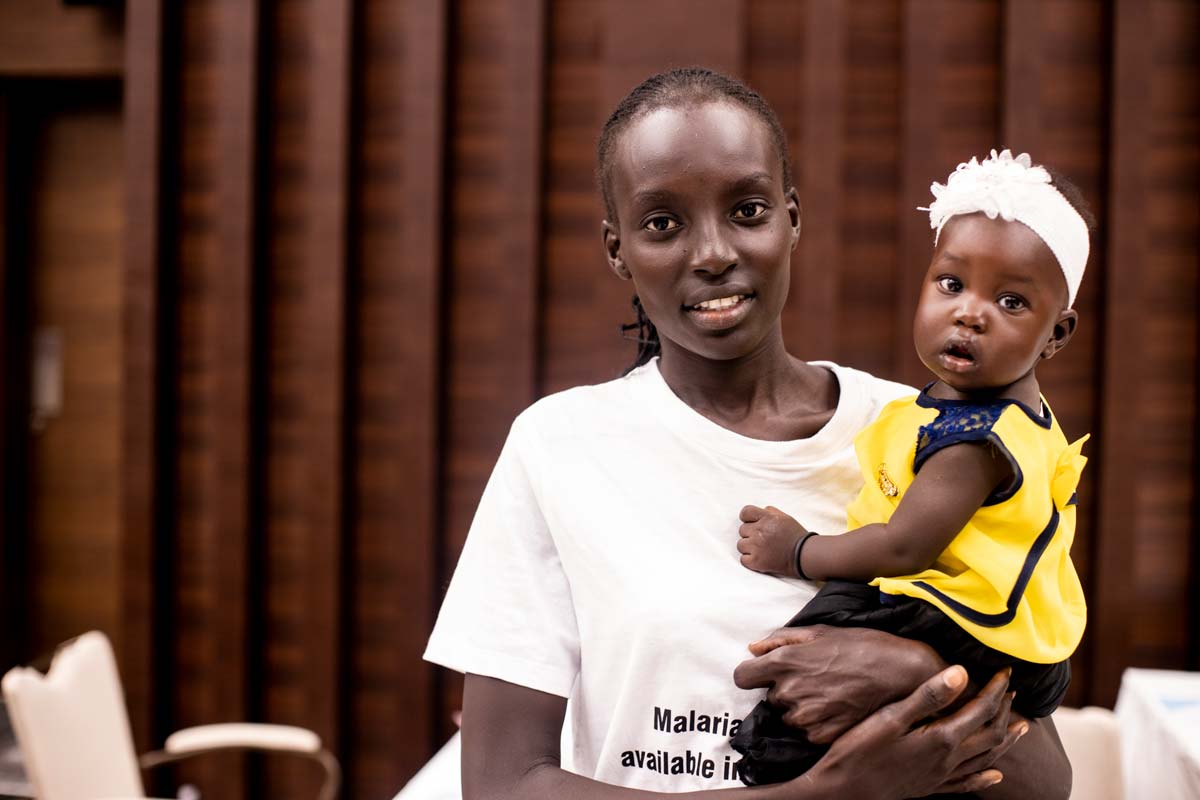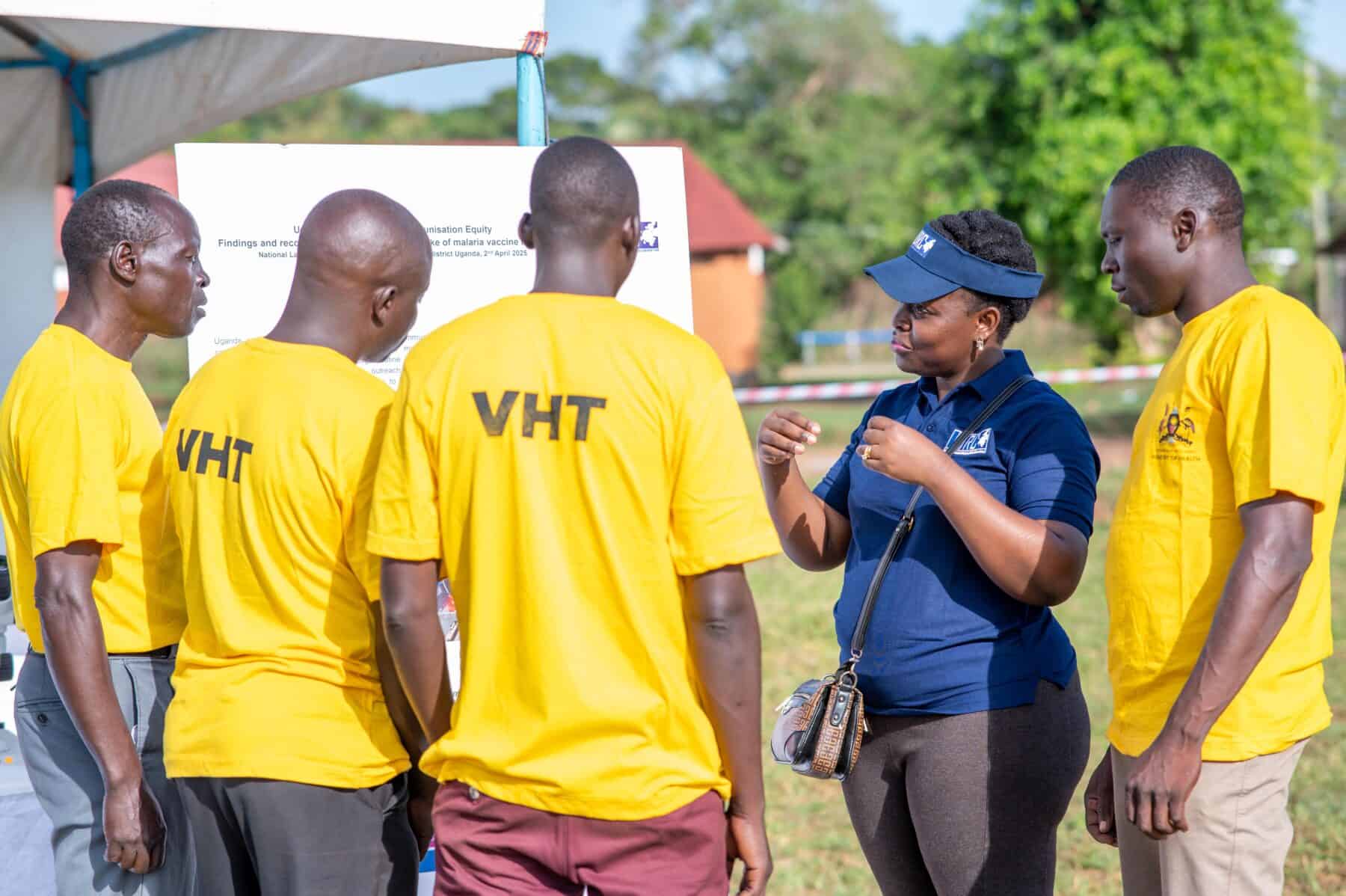Five reasons why it’s a terrible idea to hold a COVID-19 party (even if you’ve been vaccinated)
Although people who have recovered from COVID-19 may be less likely to catch it again, there are many reasons to avoid becoming infected in the first place.
- 24 September 2021
- 5 min read
- by Linda Geddes
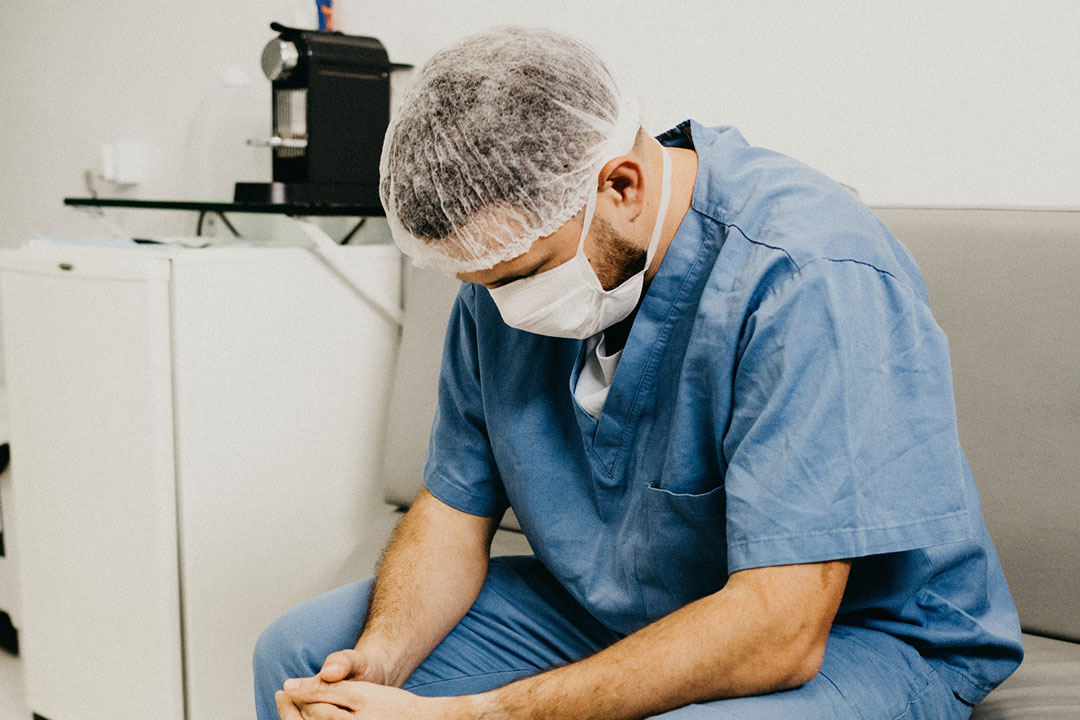
News that a number of people from Alberta, Canada have ended up in intensive care after attending a “COVID party” is as alarming as it is tragic for the individuals concerned. Although we don’t know what their motivation was, as growing numbers of countries are accepting proof that someone has recovered from COVID-19 as an alternative to vaccination when issuing digital COVID Certificates, some people may be wondering if catching COVID-19 might not be so bad. After all, such certificates can buy freedoms such as entry to crowded public venues, hotels or restaurants, or being allowed to travel abroad.
The more people who are infected with SARS-CoV-2, the greater the chances of a new variant emerging that is more resistant to vaccines.
Some vaccinated or partially vaccinated individuals may also be wondering whether being exposed to the live virus might equip them with an extra layer of protection – equivalent to a “booster” dose of vaccine.
Although it’s true that exposure to SARS-CoV-2 will train the immune system to remember the virus, and launch a more effective immune response the next time around, there are many reasons why deliberately courting infection is a bad idea:
1. Infection doesn’t necessarily equal immunity
A recent study by researchers at Maccabi Healthcare Services in Tel Aviv suggested that people who had recovered from COVID-19 had greater protection against reinfection with the Delta variant than those who had been vaccinated. The research, which has not yet been peer-reviewed, could be misinterpreted as getting COVID-19 is better than getting vaccinated.
However, reinfections do occur in people who have recovered from COVID-19, and because immunity varies significantly from person to person, there’s no guarantee that if you recover from COVID-19 you won’t get it again. Indeed, separate research published in the journal Emerging Infectious Diseases found that more than a third of people who recovered from COVID-19 did not have antibodies against SARS-CoV-2 in their blood, suggesting they may well be vulnerable to reinfections.
2. You could get very sick
Choosing natural infection over vaccination is also a high-risk strategy. While older individuals and those with underlying health conditions are at greatest risk of hospitalisation and death from COVID-19, younger healthy people can also develop serious illness. For instance, a 35-year-old man diagnosed with COVID-19 in the US has a 3.4% risk of hospitalisation with the disease, rising to 14.6% if he also has type 2 diabetes. And whereas a healthy 20-year-old woman has only a 0.6% risk of hospitalisation, that still means that six in every 1000 such women will need hospital care.
These figures are based on data collected between May and December 2020 – before the Delta, or even the Alpha variant, became widespread. Both are associated with a higher risk of developing severe disease compared to variants that came before them.
Have you read?
If you’ve been vaccinated and you become infected, your risk of being hospitalised is around 29 times lower than an unvaccinated individual, according to data from the US Centers for Disease Control. However, you should not consider yourself protected until you have received your second vaccine dose – especially now that the Delta variant is widespread.
It’s also worth taking precautions to avoid infection if you’ve been fully vaccinated, as even “mild” COVID-19 can cause unpleasant symptoms, such as loss of smell or taste, shortness of breath, headaches and fatigue. And while it is possible this additional exposure may further boost your immune system’s memory of the virus, it is unclear if this will translate into enhanced protection against severe disease or new variants if you are reinfected – just as it isn’t certain that booster vaccine doses are necessary for general populations.
3. Long COVID
Even if you don’t become seriously ill, there’s the risk of Long COVID to consider. Roughly 10-30% of people who get COVID suffer persistent symptoms such as fatigue, shortness of breath, chest pain, heart palpitations, headaches, brain fog, muscle aches and sleep disturbance.
People who have been fully vaccinated can also develop persistent symptoms, although a recent study published in The Lancet Infectious Diseases suggested that the odds of having symptoms for 28 days or more is approximately halved if you've had the vaccine.
4. Even if you’ve been vaccinated, you could infect other people...
Although vaccination reduces the chances of being infected with SARS-CoV-2, those who do become infected can spread the virus, even if they don’t develop symptoms. Data from the US, UK and Singapore suggests that vaccinated individuals who were infected with the Delta variant carried as much virus in their nose as unvaccinated individuals, so a proportion of them would likely transmit it to other people. However, vaccinated people may be infectious for a shorter period, data from Singapore suggested.
5. ...or encourage the emergence of a new variant
The more people who are infected with SARS-CoV-2, the greater the chances of a new variant emerging that is more resistant to vaccines. In order to mutate, viruses must replicate. The widespread uptake of COVID-19 vaccines reduces the opportunities for SARS-CoV-2 to do so, both by cutting the number of infections and shortening the infections that do occur. However, it could also potentially favour viruses with mutations that help them evade the immune response. So, although vaccination reduces the risk of new variants emerging overall, we should still avoid exposure to the virus if we can.
